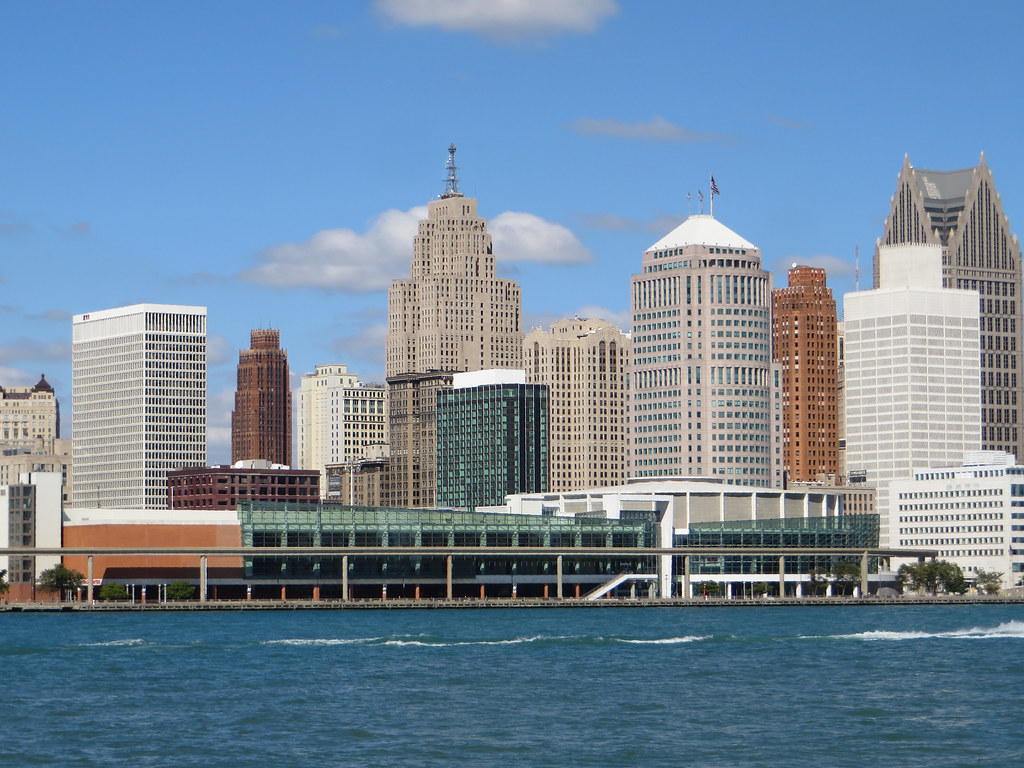Michigan’s EMS agencies confront devastating financial challenges with Medicaid reimbursements averaging $160-200 per transport while serving post-industrial communities with high unemployment and poverty rates. Ambulance Collections in Michigan, therefore, struggle to remain financially sustainable. Extended transport distances in the Upper Peninsula combined with Detroit’s urban density create vastly different operational challenges, both grappling with collection rates that threaten service continuity.
Payer Mix Reality
Michigan ambulance services manage a challenging payer mix with Medicaid dominating 36% of transports, Medicare representing 34%, commercial insurance covering 22%, and self-pay patients comprising 8% of volume. Urban areas like Detroit and Flint see Medicaid percentages exceeding 45%, while rural northern counties have higher Medicare concentrations, creating diverse challenges that shape Ambulance Collections in Michigan across distinct regions.
Leading commercial payers include Blue Cross Blue Shield of Michigan (commanding 65% market share), Priority Health, HAP (Health Alliance Plan), Meridian Health, and McLaren Health Plan. BCBSM’s dominance necessitates meticulous compliance with its network policies, and those requirements substantially influence Ambulance Collections in Michigan. Commercial reimbursement averages $750-1,100 for BLS transports and $1,400-2,100 for ALS services, with significant regional variation.
Collection rates reflect economic challenges: commercial insurance achieves 62-72% collections, Medicare 54-60%, Michigan Medicaid 38-44%, and self-pay patients only 7-11%. Optimizing Ambulance Collections in Michigan requires sensitive strategies that balance revenue needs with community realities in former manufacturing centers.
State Medicaid & Compliance
Michigan Medicaid operates through multiple managed-care plans—including Meridian, Blue Cross Complete, Priority Health, and others—each maintaining distinct ambulance-billing procedures. These variations add complexity to Ambulance Collections in Michigan. Ground-ambulance reimbursement remains inadequate at $160-200 for BLS emergency transports with minimal mileage allowances. The Michigan Department of Health and Human Services enforces 365-day timely-filing requirements, though individual MCO contracts may impose shorter deadlines.
No Surprises Act implementation in Michigan follows federal guidelines with additional state insurance department oversight. These regulations set the transparency standards governing compliant Ambulance Collections in Michigan and prohibit balance billing for emergency services.
Schedule a demo today—24-hour turnaround to overcome Michigan’s reimbursement challenges with Midwest Service Bureau’s specialized MCO expertise and proven Michigan emergency medical transport collections strategies.
Prior-authorization requirements vary among Michigan Medicaid MCOs, with some demanding pre-transport approval for all non-emergency services and others allowing retrospective authorizations. Navigating this patchwork adds an administrative burden to Ambulance Collections in Michigan, requiring detailed physician certifications and transport logs.
Collection Laws
Michigan’s debt-collection framework operates under the Michigan Collection Practices Act and the federal FDCPA, enforced by the Attorney General’s office and the Department of Licensing and Regulatory Affairs. Licensing and bonding rules directly affect agencies specializing in Ambulance Collections in Michigan, dictating communication methods, contact frequency, and mandatory disclosures.
Medical-debt protections include limits on wage garnishment for low-income individuals and requirements for reasonable payment arrangements. Recent legislation curbed aggressive hospital collection practices and barred credit-bureau reporting for 180 days—factors that shape timelines for Ambulance Collections in Michigan. The statute of limitations extends six years for written contracts (MCL 600.5807).
Local EMS Landscape
Michigan’s EMS system spans dense urban centers and vast rural territories. Major healthcare systems—Spectrum Health, Beaumont Health, Henry Ford Health System, and University of Michigan Medicine—influence regional protocols that directly affect Ambulance Collections in Michigan through service agreements and clinical pathways.
Approximately 290 licensed agencies—from Detroit’s municipal service to volunteer departments in the Upper Peninsula—staff the state’s 911 network. Great Lakes shorelines, extreme winter weather, and limited helicopter availability increase operational costs and shape strategies for Ambulance Collections in Michigan. Transport distances range from 3-5 miles in metropolitan areas to 150 miles in remote northern regions, further complicating reimbursement.
Case Study
In Grand Rapids, the West Michigan Regional EMS Alliance cut 120-day A/R from $3.4 million to $1.9 million by consolidating billing for twelve agencies. Centralized expertise and enhanced MCO management improved Ambulance Collections in Michigan by 36%, adding $1.1 million in net annual collections. Key wins included reducing Medicaid MCO denial rates from 30% to 12% via standardized documentation protocols, automated eligibility verification, and specialized workflows addressing both urban and rural transport demands while preserving local control.
Contact Our Ambulance Collections in Michigan
Ready to optimize your ambulance collections in Michigan? Midwest Service Bureau understands Michigan’s unique challenges. Call 316-263-1051 to discuss your specific needs.
Phone: (316) 263-1051
Address: 625 W. Maple St., Wichita, KS 67213





